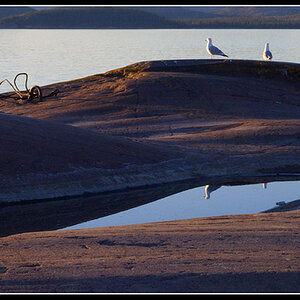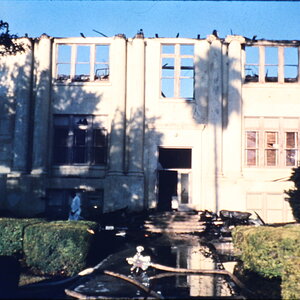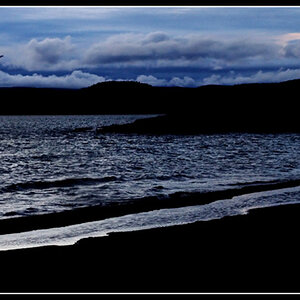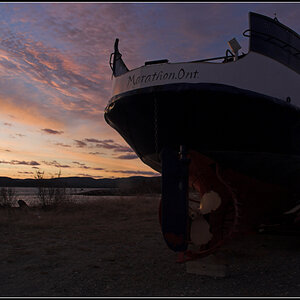tonytong
TPF Noob!
- Joined
- Dec 19, 2015
- Messages
- 1
- Reaction score
- 0
- Can others edit my Photos
- Photos OK to edit
What do you mean? How do I adjust the exposure triangle?
There are differences..... I have marked in red the biggest difference... FLASH being the biggest difference of all ( I would strongly suggest Reading Your Manual, and doing some research on the exposure triangle).
Actually, I am getting the job done. I've scanned over 500 books so far and I can get about 99% of the letters correct. To fix the remaining 1% I would need better OCR software.I will let someone else explain to you why the equipment you have is not optimal for what you are trying to do... although it could be done, with proper lighting and a little knowledge!
That's because the software they recommended was too expensive and I decided that it probably wouldn't improve things much anyway.I also noticed you never replied back to your previous thread need software to change 100s of images quickly | Photography Forum
I agree, all the ocr software can't be 100% accurate.


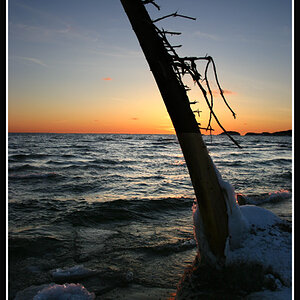

![[No title]](/data/xfmg/thumbnail/33/33362-84aacb865117bf8cba89104b89e9b36c.jpg?1619735927)
![[No title]](/data/xfmg/thumbnail/39/39479-b21bb968588fb225cd453013c6512c9a.jpg?1619739047)


